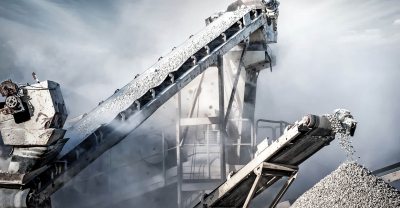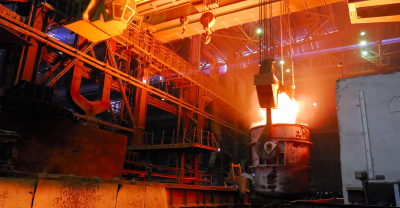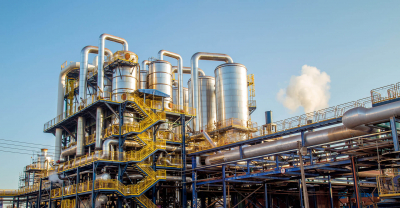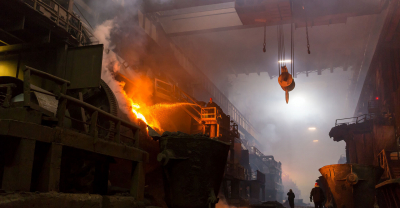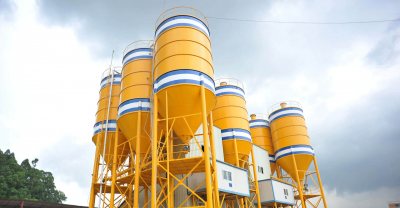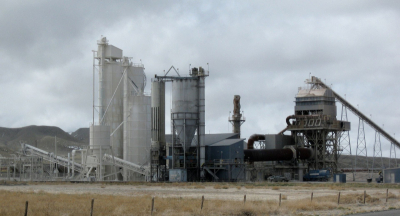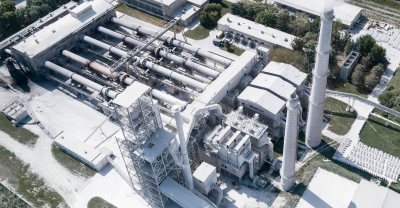EPP - Heavy duty apron feeders
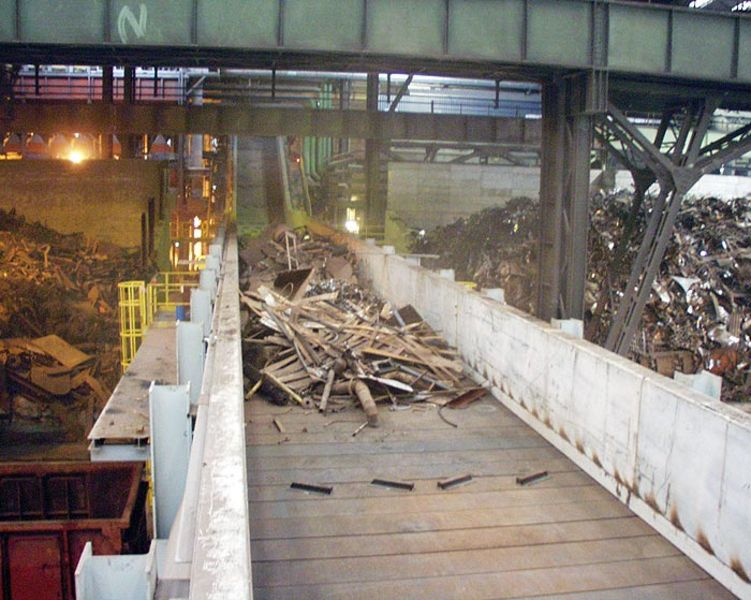
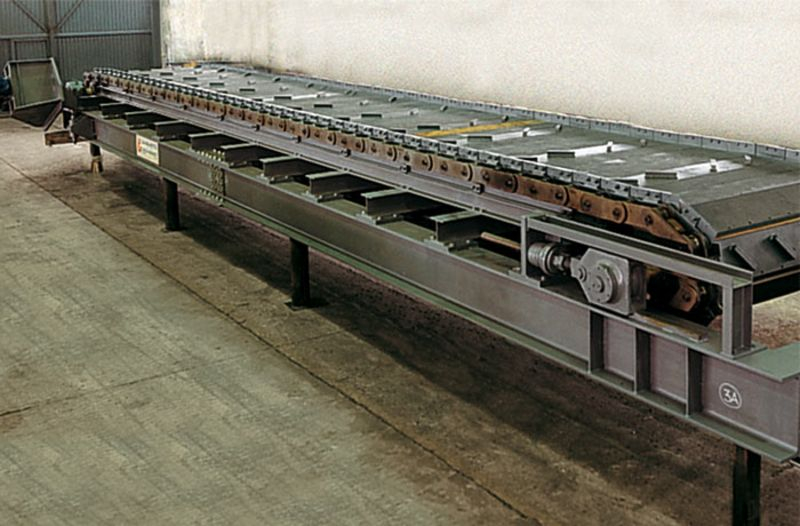
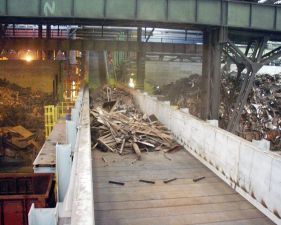
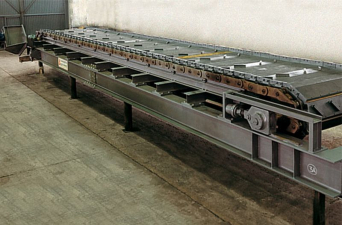
Description:Used for extracting and conveying large-sized bulk material such as limestone, various types of minerals, iron scrap, etc. in lumps of up to 1,500 mm or more, and for feeding oil mills and other plants.The oil mill feeders are generally linear-shaped and placed at inclinations of 15° to 25°.They comprise an exceptionally sturdy metal structure that supports an equally sturdy metal deck for conveying the material. The metal deck is formed by a series of high-thickness base pans that are reinforced on the bottom by an "HE" profile and joined together by drive chains connected to the pan sides. The rigidity of the pans is designed to withstand the static load that is thus distributed only through the support and guide rollers of the lateral chains. In the intermediate section, the pans have one or more guide shoes that adhere to the corresponding intermediate tracks only in the event of large dynamic actions (when material falls on the metal deck). The pans have two side walls that help to contain the material and act as attachments for the chains. A suitable lip placed between two successive plates prevents downward spillage of fine-grained material.Two Link chains with pins and fixed bushings - each chain section having rollers with guiding edge - are bolted under the various pans and connect the latter to form a continuous metal deck that is jointed thanks to the chain pins.A rigid crossbar placed above the metal deck before the discharge zone allows for limiting the height of the pile of material being conveyed. The conveying speed can always be adjusted to obtain the desired flow rate. The drive station in the discharge zone includes a drive unit that imparts movement to the deck, while the return station on the opposite end includes the chain tensioning station.As an alternative to the Gambarotta Gschwendt standard model described above, EPP heavy duty apron feeders that mount “Caterpillar” drive and support components (chains, wheels and rollers) can also be manufactured.
- Recommended speed: < 0.10 m/sec with the possibility of adjustment to 1:6 reduction ratio or more.
epp
Related materials
- Aluminium scrap
- Amorphus coal
- Animal meal
- Baked gypsum (cotto)
- Bauxite
- Black coal
- Blende
- Calcium carbonate
- Clinker
- Coal
- Cooked gypsum
- Crushed limestone
- D.r.i.
- Dehydrate sludge (fanghi)
- Dolomite
- Dried chalk (gesso)
- Dry additives
- Glass
- Gypsum
- Iron ore
- Iron oxide
- Lime
- Limestone
- Marble
- Marl
- Mineral salt
- Naturgips
- Ore
- Pozzolan
- Quicklime
- Slag
- Urban waste
- Steel scrap
- Clay






